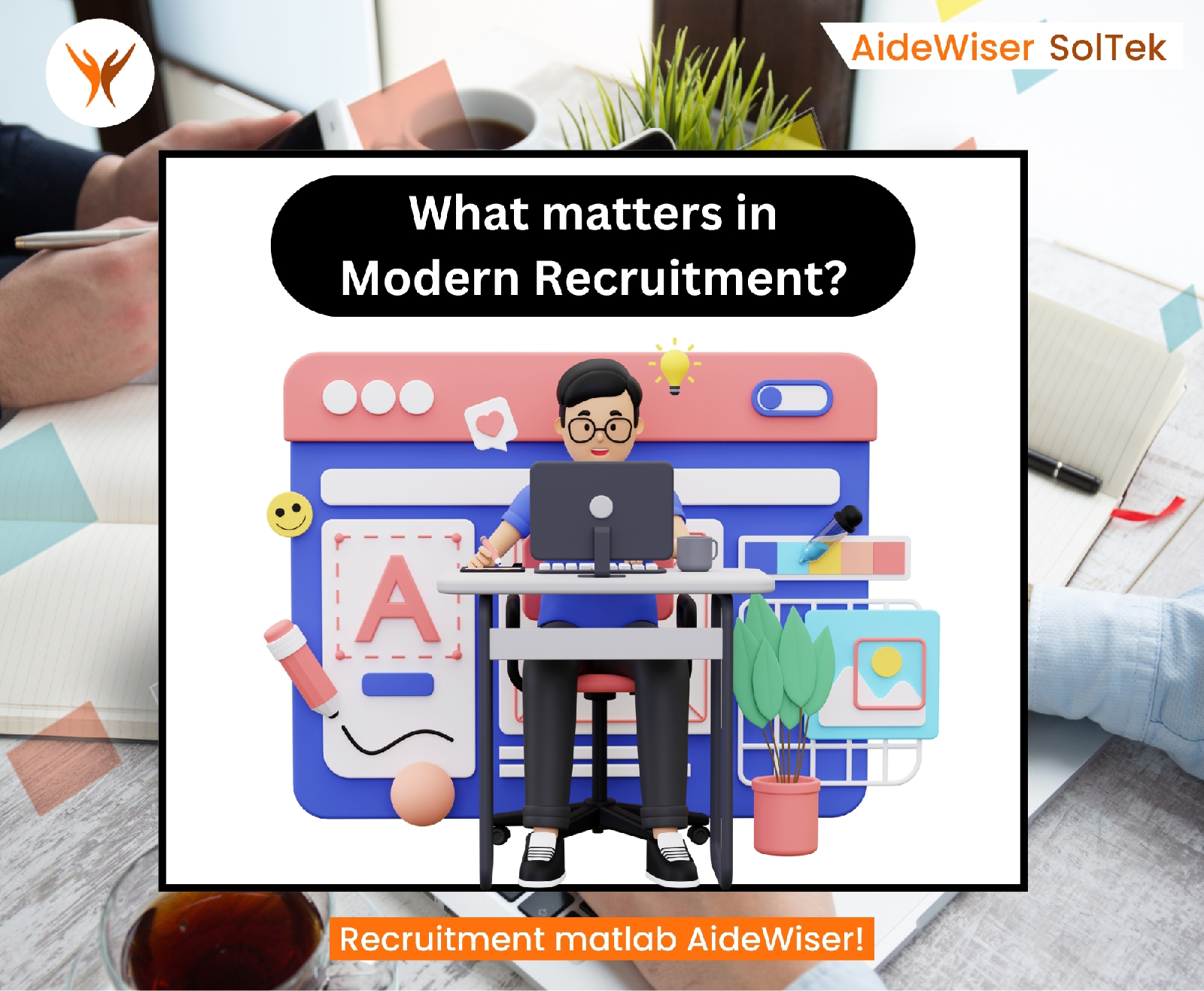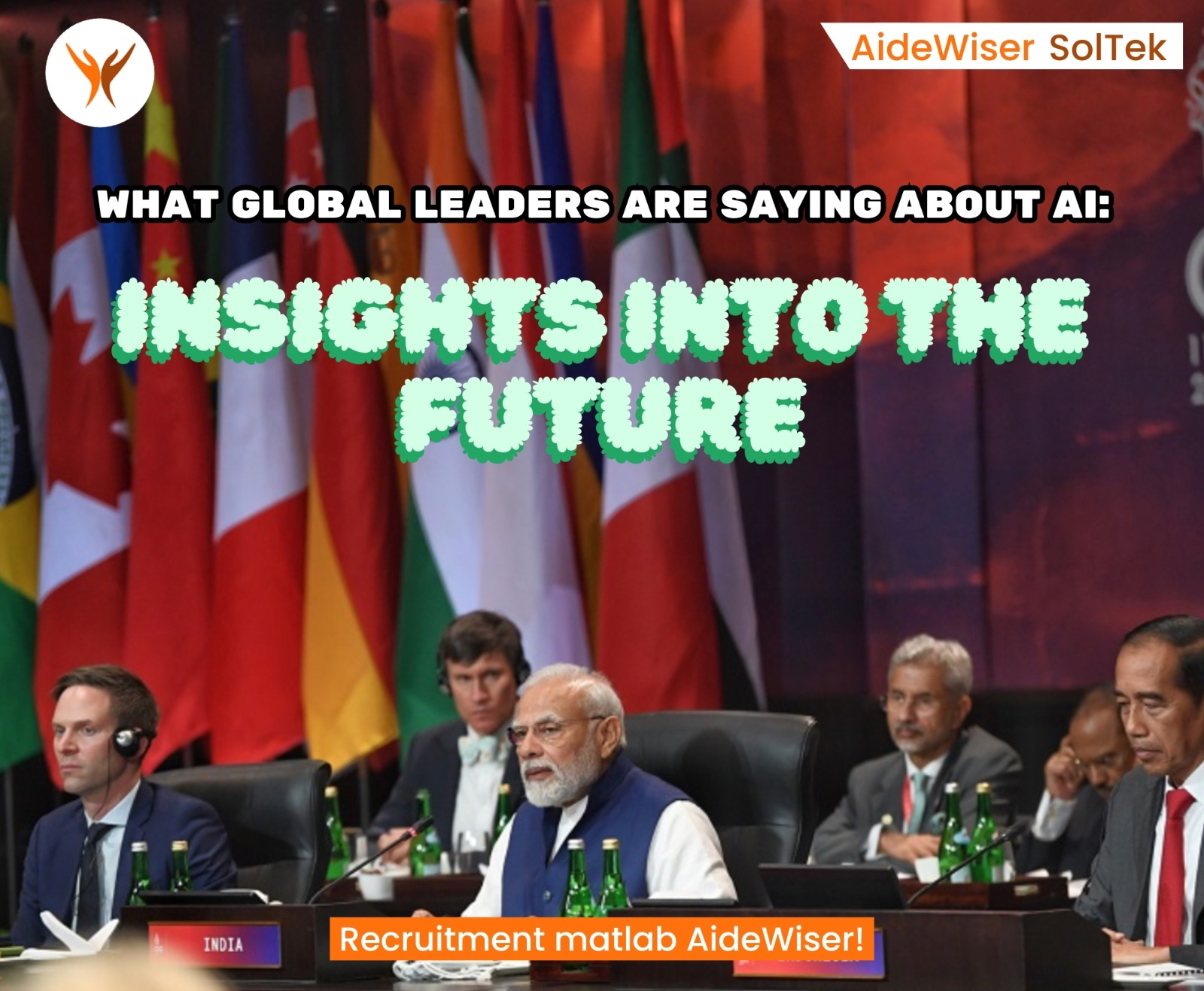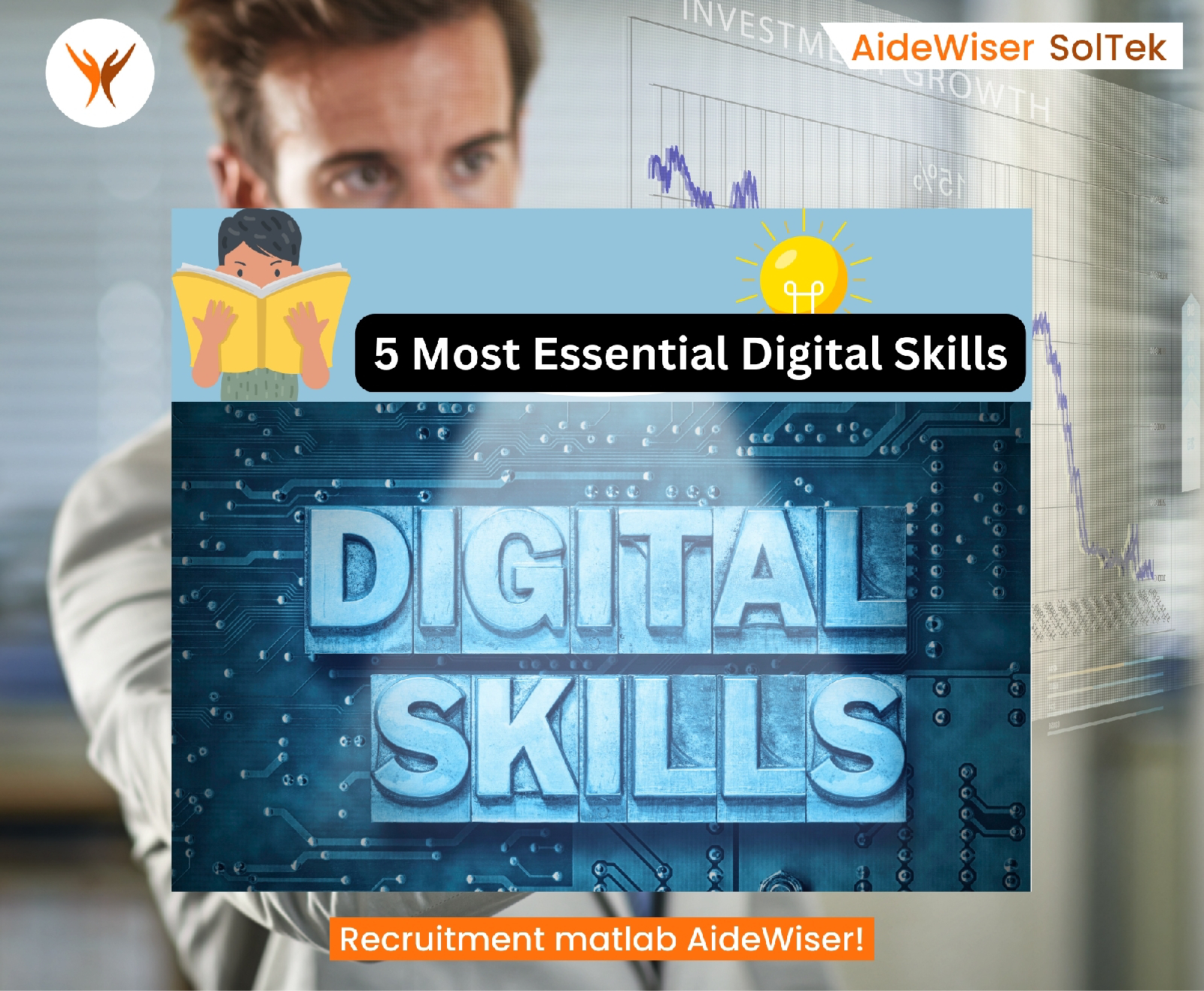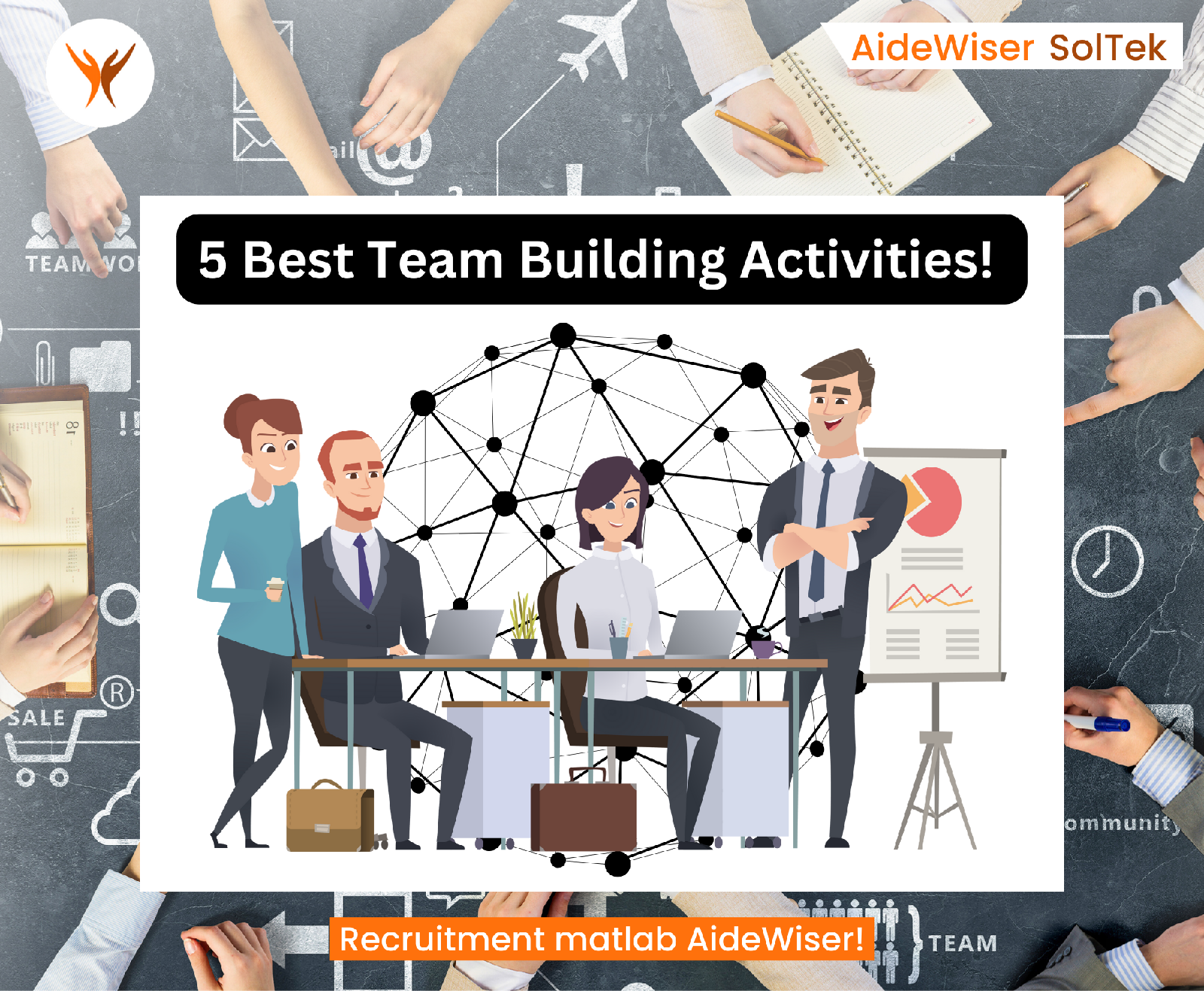Tuesday, 30 April 2024
What really matters in modern recruitment?
Sunday, 28 April 2024
How to improve conversational skills for sales pitch?
Friday, 26 April 2024
What Global Leaders Are Saying About AI: Insights into the Future!
Tuesday, 23 April 2024
Embracing the Future: How Artificial Intelligence Transforms Corporate Dynamics
While concerns about AI displacing human jobs are valid, it's essential to recognize that AI also offers immense opportunities for collaboration and enhancement in the workplace. Rather than fearing AI, humans should embrace its potential to streamline tasks and improve efficiency. AI can be utilized in numerous ways, such as automating repetitive tasks, analyzing data to inform decision-making, and providing personalized assistance.
At the forefront of AI's influence are its applications in micro-corporate activities, where its impact is profound. Tools like ChatGPT can assist in formulating concise and targeted content for job descriptions, resumes, and cover letters, optimizing recruitment efforts and elevating talent acquisition to unprecedented heights.
Revolutionizing HR Functions with AI
AI is also revolutionizing human resource (HR) functions across multifarious dimensions. It's orchestrating a revolution in talent acquisition, from candidate sourcing to interview facilitation. AI algorithms sift through vast troves of candidate data, empowering recruiters to identify and engage top-tier talent in a more efficient, data-driven manner. Moreover, AI-driven chatbots streamline the application process, enriching the overall candidate experience with personalization.
The impact of AI extends beyond HR functions into market research, where AI algorithms distil vast datasets to extract invaluable insights, empowering businesses to make informed decisions and maintain a competitive edge. In digital marketing, AI's prowess in content creation and keyword research fosters consistency and relevance, resonating with audiences and driving brand loyalty.
In the manufacturing sector, AI redefines operational paradigms, catalyzing innovation through automation and productivity enhancements. Looking ahead, exploring emerging trends in AI development offers a glimpse into the evolving relationship between humans and artificial intelligence in corporate settings.
In conclusion, AI's impact on micro-corporate activities is undeniable, reshaping every aspect from crafting CVs to market analytics and HR operations. Yet, let's remember: AI is a tool, and its potential hinges on ethical use. As we embrace this era, let's wield AI wisely for progress. And as we ponder its wonders. In the tapestry of corporate evolution, one truth stands out: AI isn't just a tool; it's a visionary force driving us towards innovation and boundless possibilities. Let's journey forward, harnessing AI's power for a brighter tomorrow. And then who knows this Article might also be an AI-written one.
About the Author: This blog article was written by Palash Soni, Digital Marketing Consultant at Aidewiser.
Sunday, 21 April 2024
Embracing the Future: How Artificial Intelligence Transforms Corporate Dynamics
In today's fast-paced business landscape, Artificial Intelligence (AI) stands as a transformative force, reshaping industries and redefining how companies operate. From streamlining processes to fostering innovation, AI's impact reverberates across every sector, promising both remarkable advancements and unprecedented challenges.
Navigating the Dichotomy: AI's Impact on Employment and Society
"Mark my words, AI is far more dangerous than nukes." - Elon Musk
Musk's apprehensions aren't unfounded. The rise of AI presents a dual-edged sword, promising unprecedented efficiencies while casting shadows of uncertainty over the future of employment and societal well-being. The inexorable march of AI-driven automation threatens to displace numerous jobs across various industries, leaving individuals grappling with the prospect of unemployment and economic upheaval.
The spectre of job displacement looms large as AI algorithms grow increasingly sophisticated, encroaching upon tasks traditionally performed by humans. While proponents argue that AI can create new opportunities and enhance productivity, the reality remains that many may find themselves sidelined by technological progress. The urgency to address the implications of job displacement becomes paramount, ensuring a sustainable and equitable future for the workforce.
However, the challenges posed by AI extend beyond employment concerns. As AI systems gain autonomy and decision-making capabilities, questions of accountability and ethics come to the forefront. The unequal distribution of AI benefits exacerbates existing socioeconomic disparities, widening the gap between the privileged and the marginalized.
In the upcoming segments of this series, we'll explore the flip side of the AI coin—the immense potential it holds for corporate advancement. Stay tuned as we delve into how AI can empower businesses, streamline operations, and foster innovation in the ever-evolving landscape of the modern industry. Embracing the promise of AI while navigating its pitfalls will be key to shaping a future where technology serves humanity's best interests.












